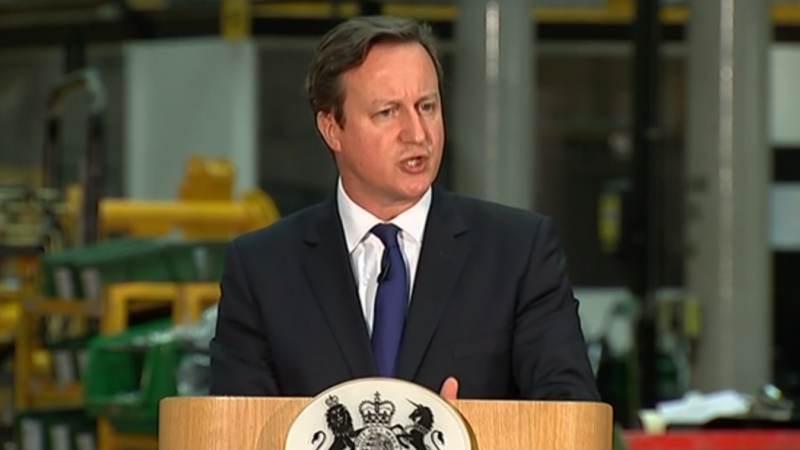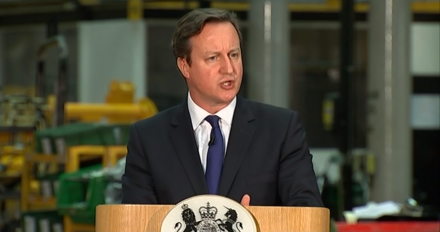
Yvette Cooper has slammed David Cameron’s major speech on EU immigration, saying that he has spent weeks of “posturing, pandering and making more promises he can’t keep” in order to placate his backbenchers, rather than coming up with practical solutions. Cameron said that he wanted to extend the period that EU migrants would have to wait before claiming benefits from three months to four years – double the two years Labour announced last week.

But Shadow Home Secretary Cooper said that yesterday’s immigration statistics left the Prime Minister’s net migration target “in tatters”, and that today’s speech was another example of the Tories opting for “short term headlines rather than the practical plans”.
She has also taken the opportunity to set out what Labour’s policy on immigration and welfare is:
“Labour has already set out plans to reform the benefit system including much longer waiting periods for in work or out of work benefits, and action to stop child benefit and child tax credits being sent abroad, because we believe people should contribute before they can claim. As long as the Tories fail to support our plans to tackle agencies and employers who exploit immigration to undercut local wages and jobs, they will fail to address public concern or make the system fair.”
No fewer than seven Conservative MPs have publicly lamented their party’s failures on immigration today. Peter Bone, Philip Davies, Jacob Rees-Mogg, Gerald Howarth, Nigel Mills and Bill Cash have all voiced their dismay at Cameron’s proposals. Rees-Mogg said he would “continue to want a tougher line”, while Davies described yesterday’s figures as “not just disappointing, they are catastrophic”.
Having seen their former colleague Mark Reckless triumph so comfortably in the by-election last week, could this speech be the catalyst for a new wave of defections to UKIP?




More from LabourList
Paul Nowak column: ‘Labour must focus on the basics’
‘Labour’s two-child cap victory rings hollow while asylum-seeking children remain in poverty’
SPONSORED: ‘Unlocking pension power to boost the UK’s fortunes’